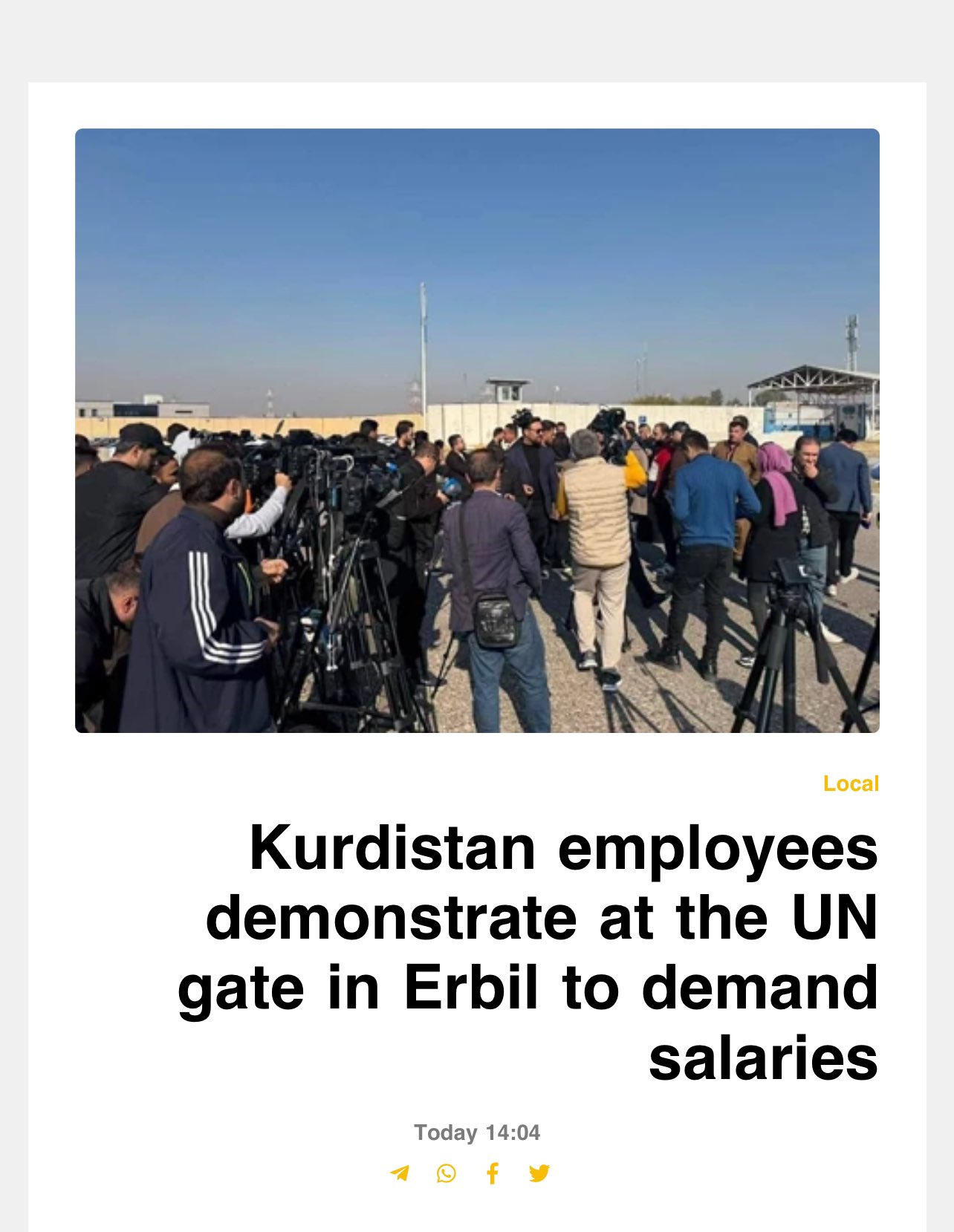DINARLAND UPDATE HIGHLIGHTS
Summary
Iraq’s monetary position is strong, with lower denominations being released, signaling potential revaluation and changes in currency dynamics.
Highlights
- 💰 Claire reports Iraq’s monetary position is excellent with strong foreign reserves.
- 📉 Mark Z notes lower denominations like 250 and 500 dinar are now circulating but are currently devalued.
- 🚀 Speculation rises as the release of new notes may indicate imminent currency revaluation.
- 🌍 Sandy Ingram warns travelers about the dangers of visiting Iraq, emphasizing safety concerns.
- ✈️ Nater suggests making exchanges outside of Iraq for safety and convenience.
- 🏦 Frank 26 expresses readiness to exchange dinar at a favorable rate due to age considerations.
- 📲 The Private Iraqi Banks Association is pushing for electronic payments, reducing smaller notes in circulation.
Key Insights
- 🇮🇶 Iraq’s economic stability is supported by a robust foreign reserve, enhancing confidence in the Central Bank’s ability to manage currency valuation. This distinguishes it from regional counterparts.
- 🔄 The circulation of lower denomination notes hints at potential currency revaluation, as a shift in value could drastically change their purchasing power and promote economic activity.
- ⚠️ Travel warnings highlight significant risks in Iraq, suggesting that potential investors or travelers carefully consider their safety and the real implications of visiting.
- 🏖️ Exchanging currency outside Iraq may be a safer and more practical choice for those looking to capitalize on potential changes in currency value.
- 🎉 Age influences investment decisions; older investors may prefer immediate gains over waiting for higher valuations, indicating varied strategies among dinar holders based on personal circumstances.
- 💳 The movement towards electronic payment systems signifies a modernization of Iraq’s financial infrastructure, likely leading to a decrease in cash dependency and enhancing transaction security.
- 📈 The focus on removing smaller notes from circulation aligns with global trends of digitalization, potentially stabilizing the currency and improving overall economic conditions in Iraq.




